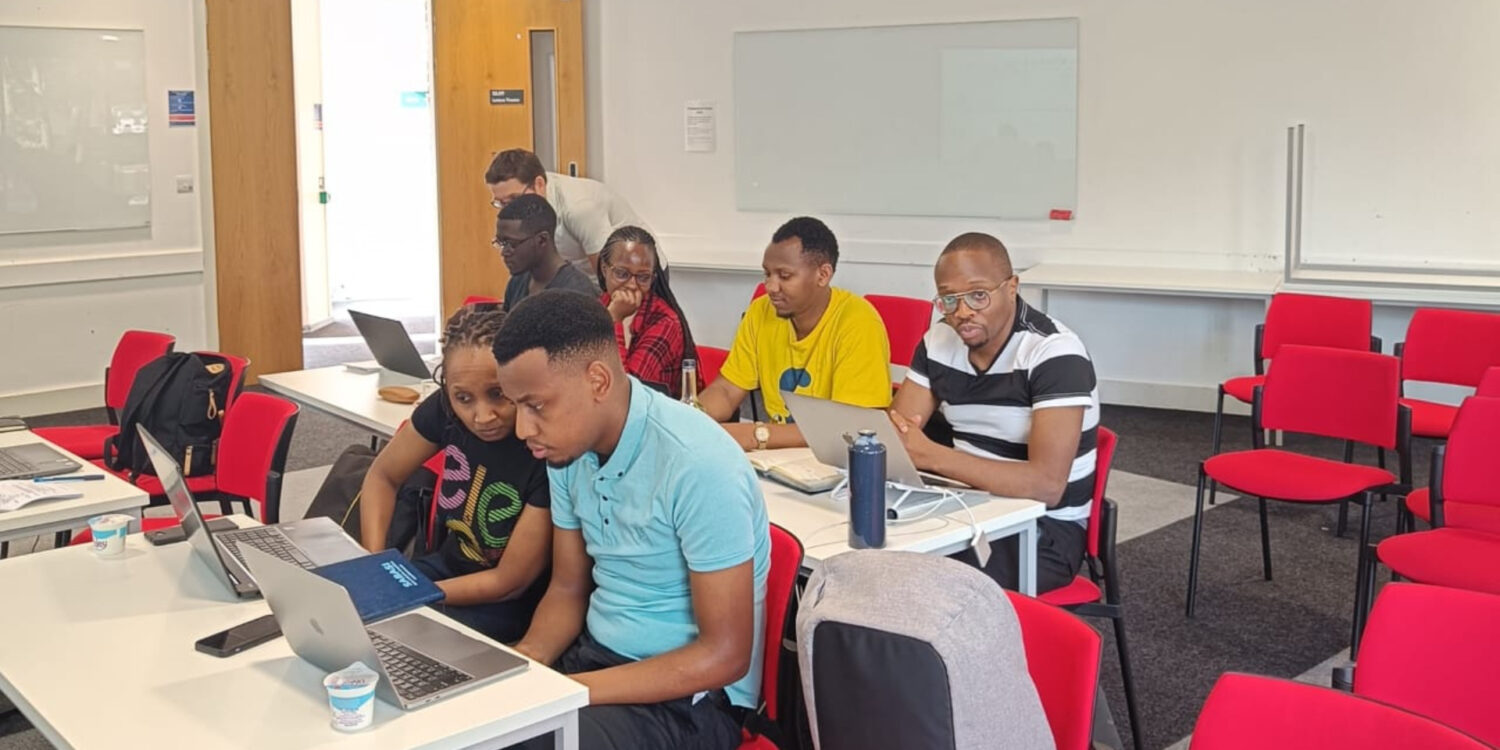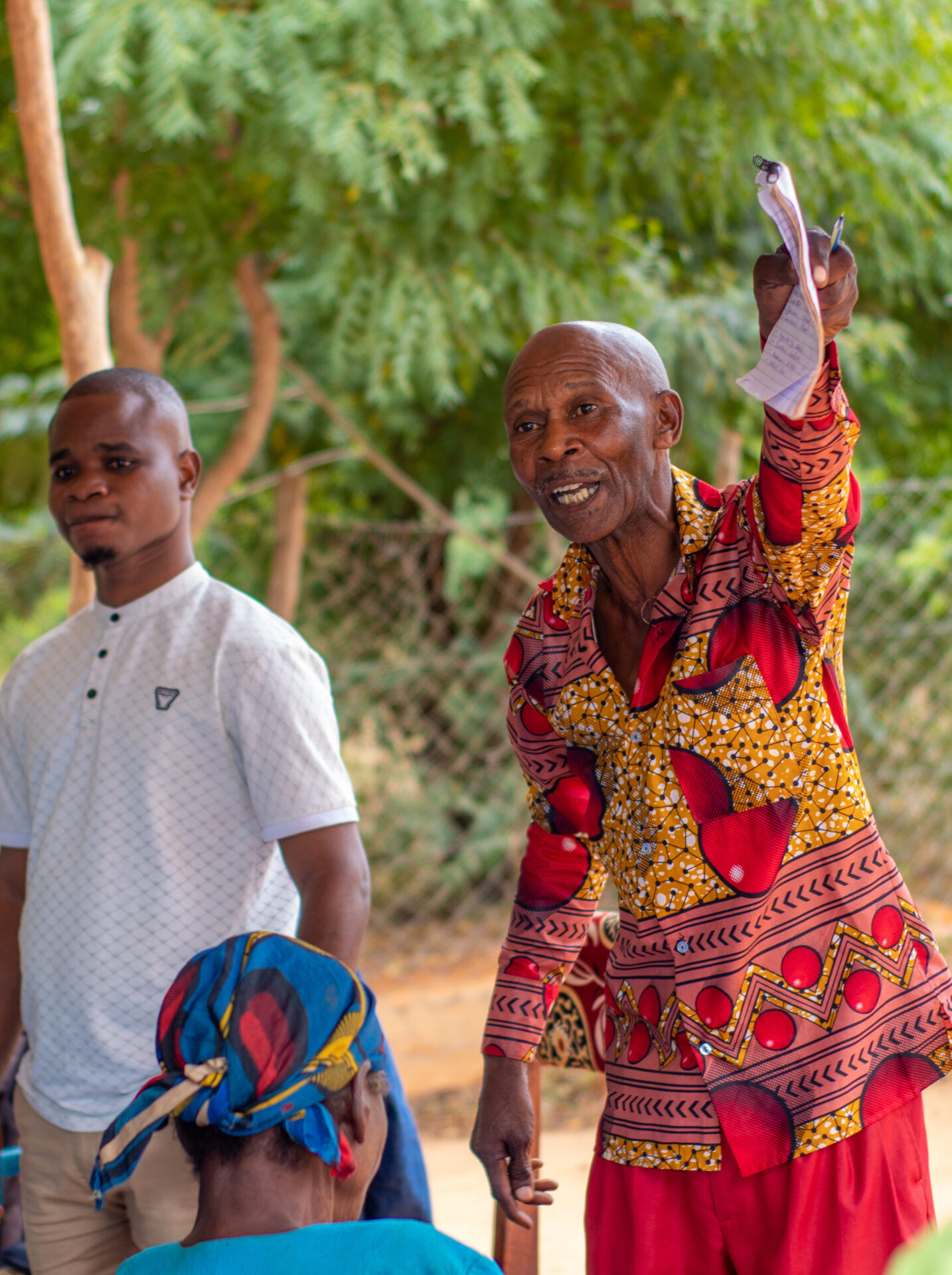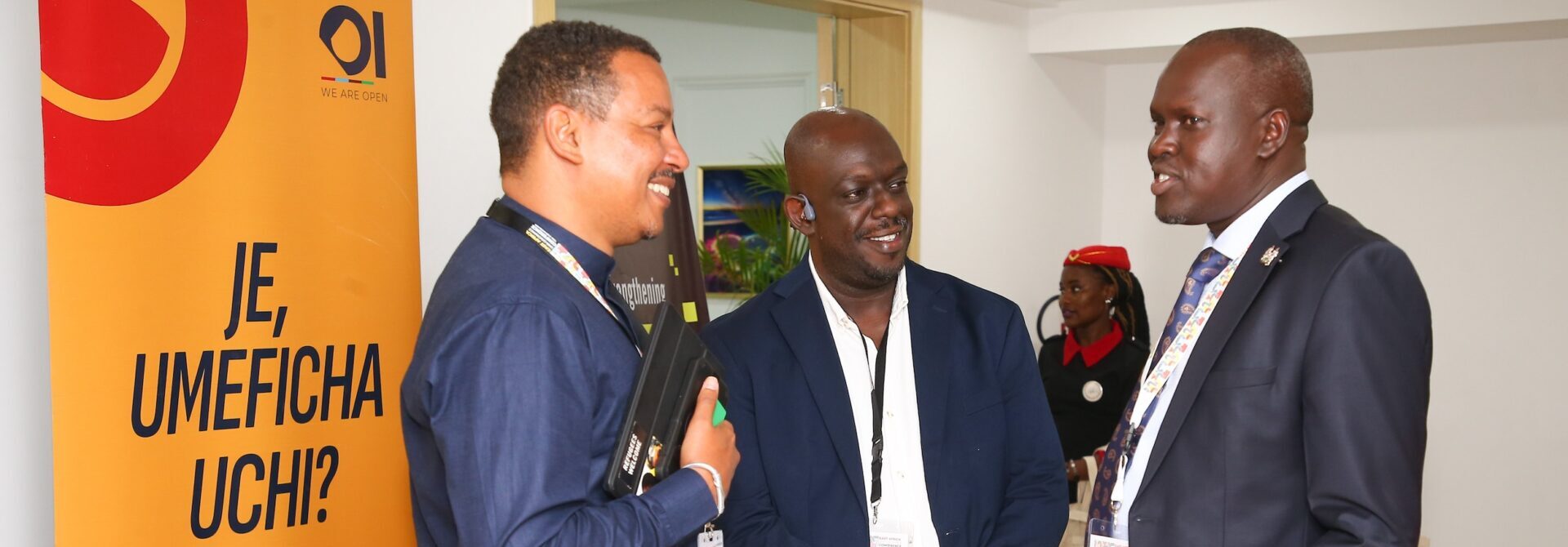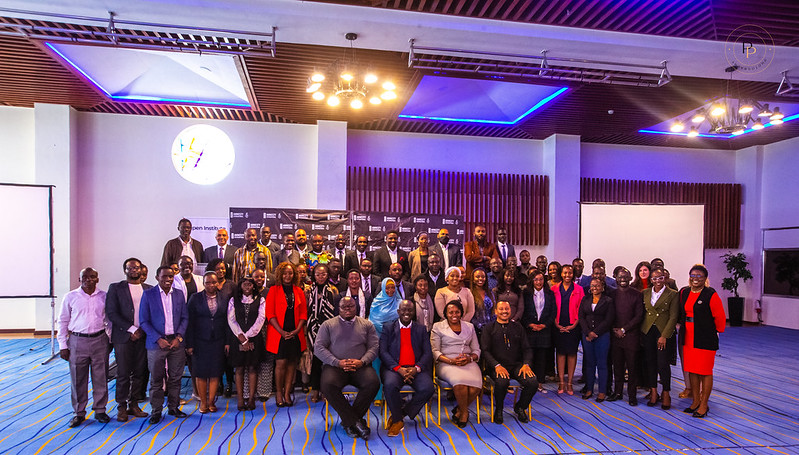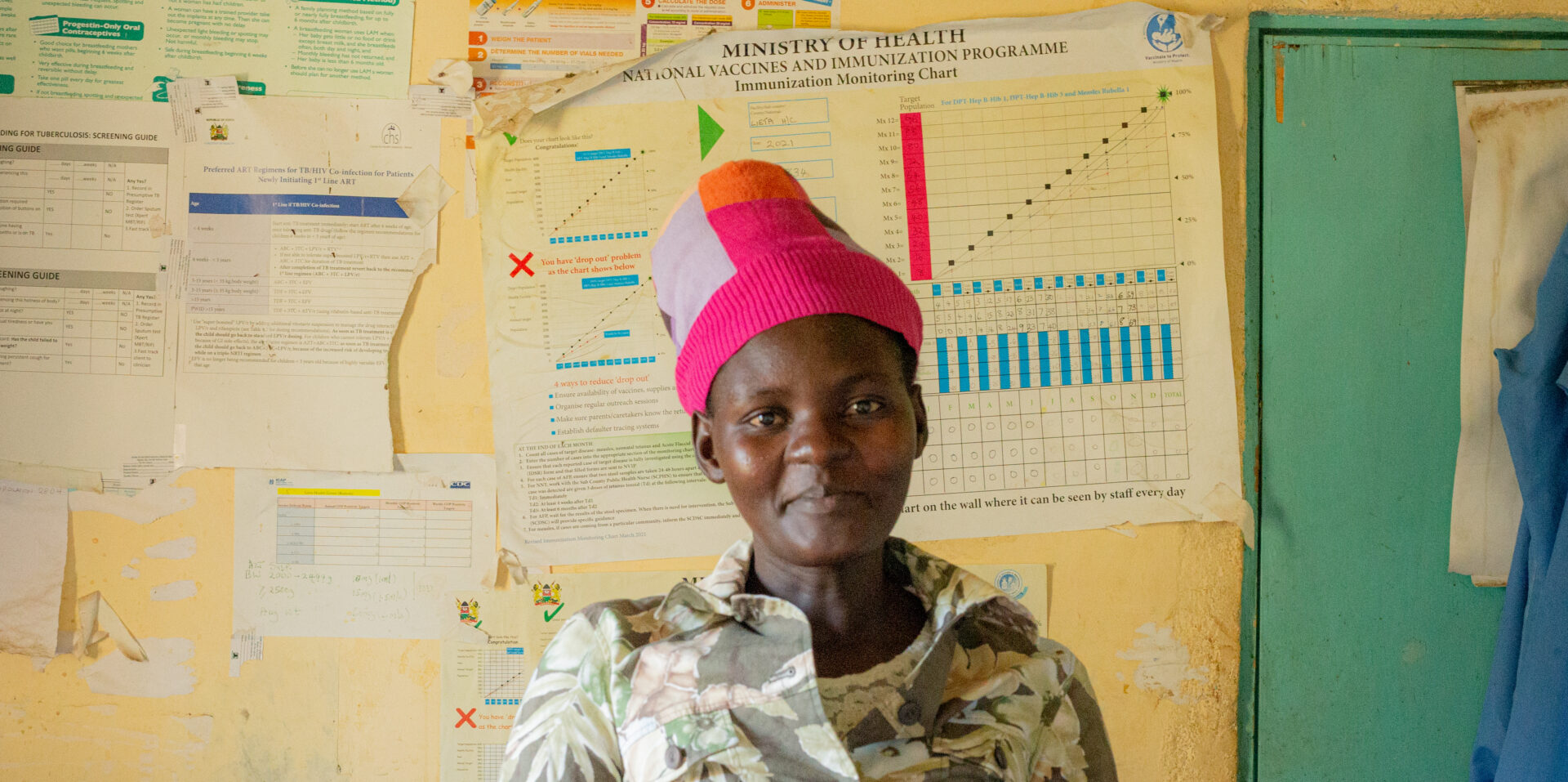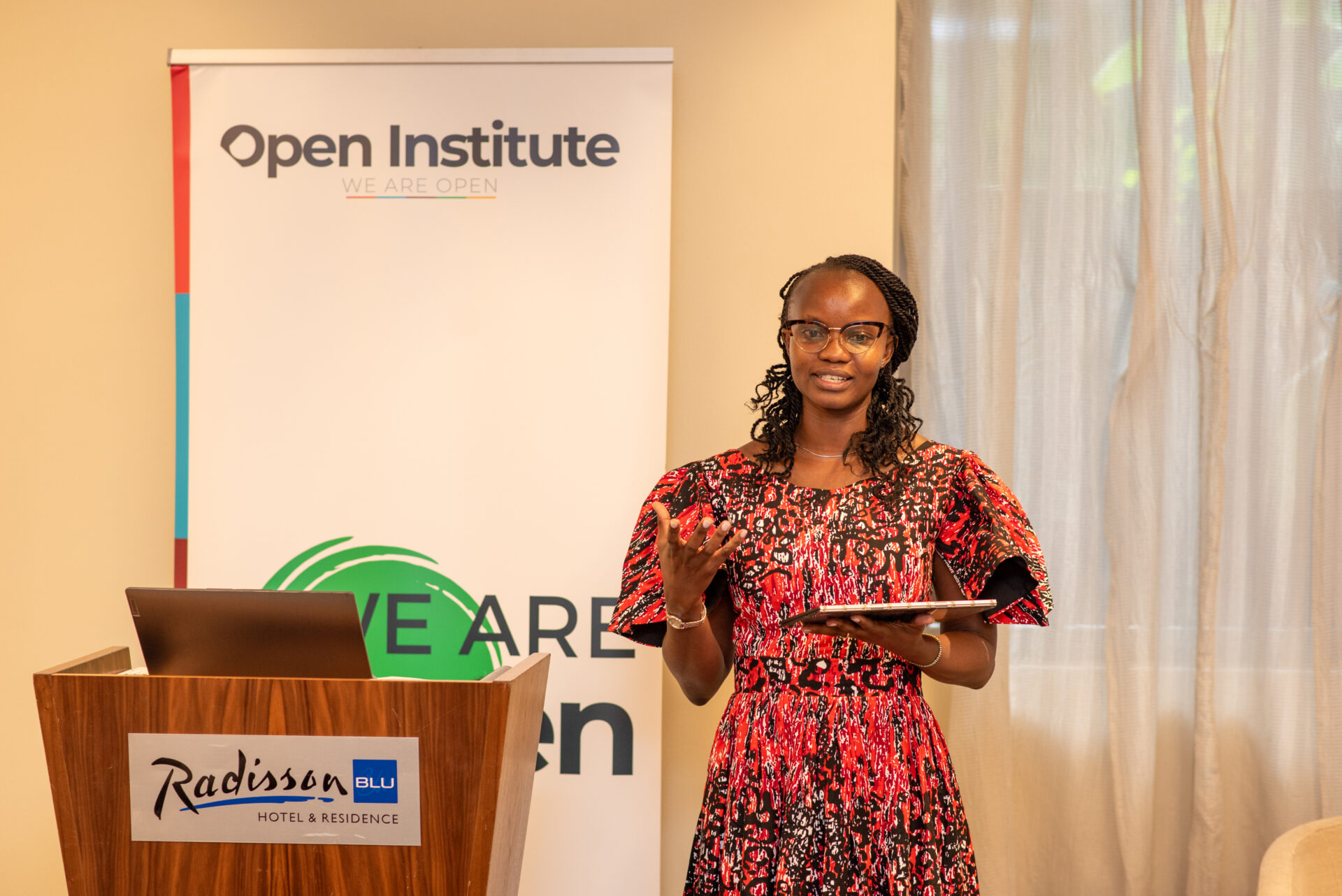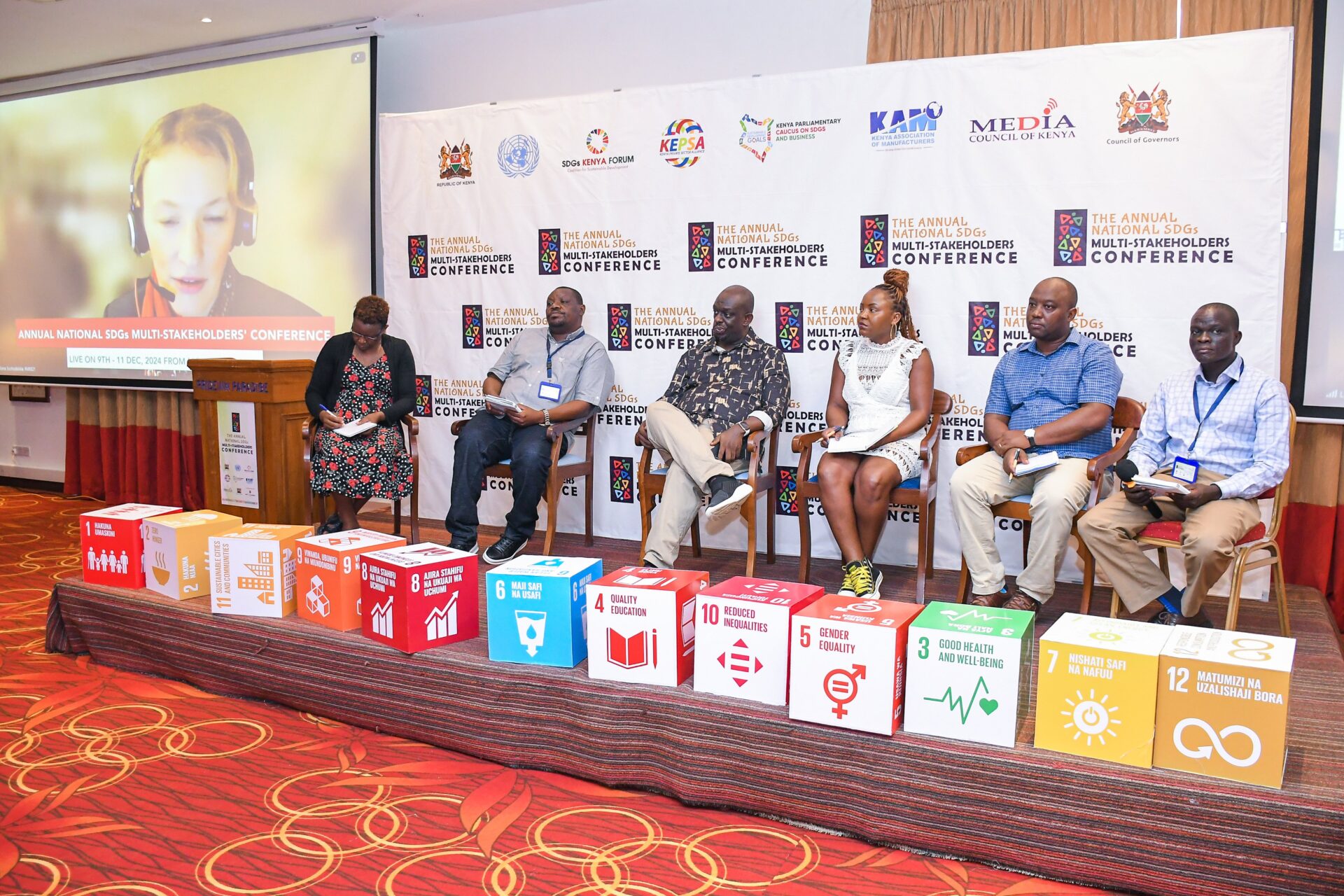When seeking care at health centres in the recent past, patients were bound to physical pamphlets or cards. The landscape, however, is changing rapidly, with electronic health records (EHR) ushering in a new era of healthcare accessibility. Even though technology has unquestionably transformed society, not all African nations have completely embraced this digital transition. There are still difficulties in putting new technology like Electronic Medical Records (EMR) into practice, especially in Kenya’s rural areas. Not to mention, there is still a lack of regulatory standards to assess legality of actions in other countries, minimal regulation on cloud storage for passively collected data through health apps, and uncertainty about who is responsible for data security and protecting the rights of data subjects. For a more in-depth insights on the healthtech landscape, you can refer to our designers’ blogs here: noappforthis.africa
The Inception
Recognizing the gaps in this area, we took up the challenge! In partnership with the Wellcome Trust (UK) under the Mobility – Global Medicine and Health Research program, we partnered with the University of Warwick, the University of Nairobi, The University of Witwatersrand in Johannesburg, together with CIPESA and CEHURD to undertake an Action Research Project (ARP). This is a type of project that involves identifying a problem, developing a detailed plan on actions you are taking, then evaluating, observing, reflecting and assessing the effects of your actions or interventions as you implement the plan.
We wanted to explore the following scenarios:
- With the growing number of health applications in the African continent, how have health apps led to data misuse through the migration of health data out of Africa?
- A large amount of personal data is collected and migrated from Africa. What can these stories of data misuse tell us about the future risks of data migration as a form of digital health colonialism?
We aim to do this in the following ways:
- Develop frameworks to challenge colonialism’s effects on our health systems, meaning,
- Examine regulations on the collection and migration of health data from Africa
- Co-create a health application in an experimental incubator.
- Plan, monitor and collectively publish findings to build and maintain project cohesion.
The Experiment
With the goal of co-creating a health application in an experimental incubator, we ran a 3 day Hackathon at iLab Africa at Strathmore University from the 30th of November to the 2nd of December 2022. Dubbed “#NoAppForThis!”, the hackathon served as an incubator, providing resources and support for individuals and teams to refine their ideas and develop a proof of concept. We engaged a team of global experts in the field of digital health to evaluate the initial proposals and screen the winning teams. As a rule of thumb, participants were expected to bring original ideas that had not been “sold or previously funded.” Additionally, ten-year pet projects or startup codebases positioned as new ideas with a pretense of completion in 3 days were not accepted.
The hackathon was focused on generating feasible ideas under four themes:
- Encryption to secure patients’ private and personal information on m-health platforms: Techniques that can aid to protect health data when it is shared or transmitted between systems.
- Authentication and authorization of users on mhealth platforms: Innovations that will tackle controlling access to sensitive health information of different kinds (including images, etc) for various users within the medical digital data value chain.
- Integration of legacy healthcare systems with mHealth platforms: how can we mitigate interoperability challenges that occur along the medical digital data value chain – when new data is merged with legacy systems.
- Innovations in telehealthcare; how can we still ensure data privacy and information security in the era of the provision of health services electronically?
During the Hackathon, we explored ideas leading to solutions that could leverage opportunities and mitigate challenges in health sustainably. Central to this vision we were challenged by the prevailing logic that individuals financing the development of health apps owned all the data collected. This challenge highlighted the migration of health data into larger datasets—a critical element in the development of mobile health (mHealth) applications.
After dedicating countless hours to reviewing proposals, attentively listening to presentations, asking questions, and exploring exhibitions showcasing the Proof of Concept/Completed Solutions, our workshop was a success. We had a team of 6 winners who we have been collaborating with since to make #NoAppForThis a success.
After dedicating countless hours to reviewing proposals, attentively listening to presentations, asking questions, and exploring exhibitions showcasing the Proof of Concept/Completed Solutions, our workshop was a success. We had a team of 6 winners who we have been collaborating with since to make #NoAppForThis a success.
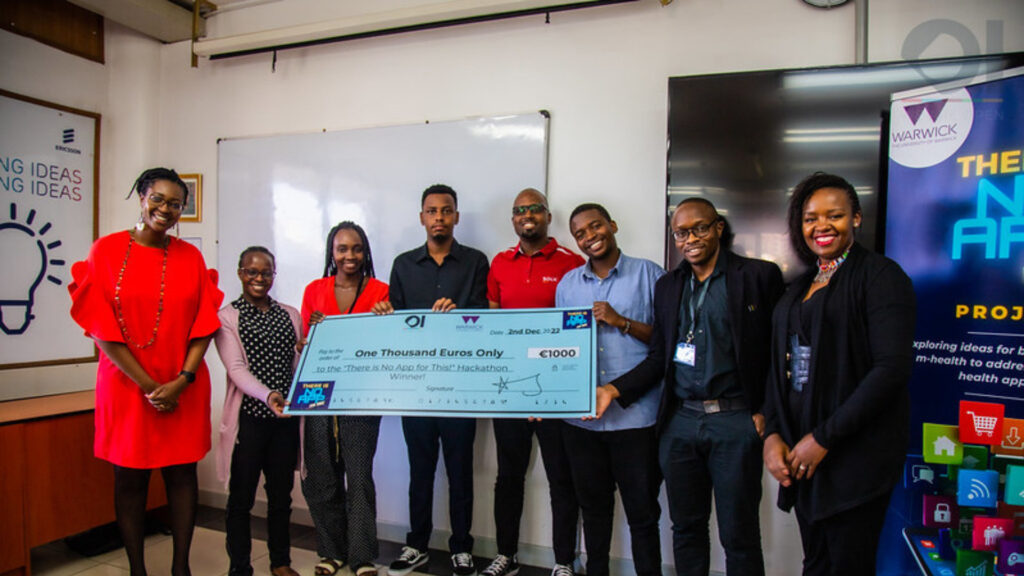
Winners of the Hackathon receiving their award.
The NoAppForThis project is a groundbreaking initiative that aims to address the intersection of health, technology, and regulation. This project is set to be implemented across 3 African countries (Kenya, Uganda and South Africa).
It is a journey that we are currently documenting through a podcast with the help of 6 designers who are also engaged in developing health applications while sharing their personal experiences, insights, challenges, and lessons learned. The NoAppForThis podcast seeks to connect with a wide range of people who are curious about the relationship between technology and health. Our primary objective is to offer a forum for communication and cooperation amongst all identified stakeholders on issues related to health and technology, from medical professionals and tech enthusiasts to legislators, regulators, patients, carers, and the general public.
Our team of designers recording the NoAppForThis Podcast.
The Design Process
The process of designing the NoAppForThis project has been a long and complex journey. From the crucial stages of identifying a niche, prototype using cutting-edge technology, and expert training on engaging presentation strategies with IP concerns, our designers have made tremendous progress in making sure that we ultimately deliver an efficient and effective healthcare application. As we proceed into the next phase of growth, motivated by our ambition to make significant contributions to healthcare and society, we are bringing with us the extensive knowledge we have acquired from our encounters with prominent industry professionals.
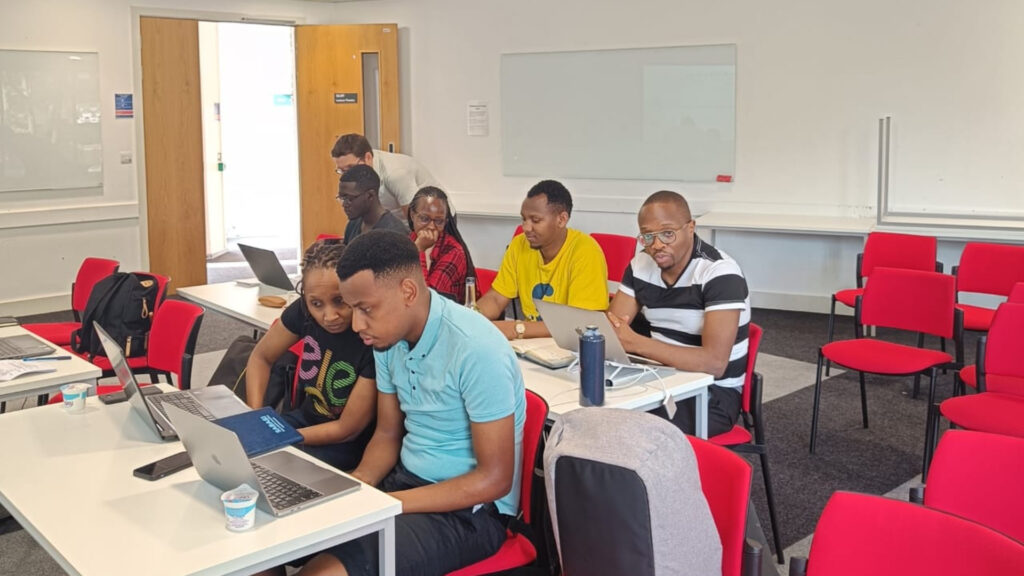
Our team of 6 designers during the summer school session at the University of Warwick in the UK.
Looking Ahead
Regardless of the challenges we have made great strides and are excited to see that the NoAppForThis project completely transforms the healthcare industry in Kenya, South Africa, Uganda and the entire African continent. We are making every effort to ensure that nobody has to struggle in order to receive the essential, top-tier healthcare services that they so well deserve.
Stay updated on our journey by visiting the NoAppForThis website for the latest developments. For any inquiries, feel free to reach out to us via email at noappforthis@openinstitute.africa.

